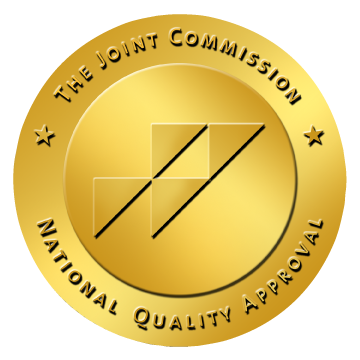Embarking on the journey of recovery from addiction is undoubtedly challenging yet immensely rewarding. It's a path filled with self-discovery, growth, and the courage to confront one's demons. For many individuals in recovery, navigating life after addiction treatment involves rebuilding various aspects of their lives, including their education. Going back to college after addiction treatment can be both a daunting and exhilarating experience, marked by hurdles and triumphs alike.
The decision to pursue higher education post-recovery is a significant milestone. It signifies a commitment to personal development and a desire to reclaim one's future. However, it's crucial to acknowledge that this journey may be complex. There will likely be moments of doubt, setbacks, and the need for ongoing support. Understanding that recovery is a continuous process and being gentle with oneself is essential during this transition.
One of the cornerstones of successful recovery is having a solid support system in place. Building a network of supportive peers, mentors, counselors, and faculty members can provide invaluable assistance throughout the academic journey. Many colleges and universities also offer resources specifically tailored to students in recovery, such as support groups, counseling services, and sober living communities.
Returning to a college environment may expose individuals in recovery to various triggers and temptations. From social events involving alcohol to academic stressors triggering old coping mechanisms, navigating these challenges requires careful planning and resilience. Developing healthy coping strategies, such as mindfulness techniques, seeking support when needed, and prioritizing self-care, can help individuals stay grounded and focused on their recovery goals.
Finding a balance between academic responsibilities and prioritizing one's recovery is paramount. It may involve restructuring one's schedule, setting realistic goals, and learning to ask for help when needed. Time management skills, effective communication with professors, and utilizing campus resources for academic support can all contribute to a successful educational experience while recovering.
Returning to college after addiction treatment offers a unique opportunity for personal growth and self-discovery. It's a chance to explore new interests, cultivate talents, and redefine one's identity beyond the confines of addiction. Embracing this journey with an open mind and a willingness to embrace change can lead to academic and personal transformations.
Every milestone achieved on the path to recovery and academic success deserves to be celebrated. Whether it's acing an exam, reaching a certain number of days sober, or simply showing up to class despite the challenges, each victory represents resilience and determination. Recognizing and acknowledging these achievements, no matter how small reinforces a positive mindset and fuels continued progress.
Going back to college after addiction treatment is a courageous decision embodying hope, resilience, and pursuing a brighter future. While the journey may be filled with obstacles, it's also brimming with opportunities for growth, self-discovery, and academic achievement. By establishing a solid support network, managing triggers and temptations, balancing academics and recovery, and embracing personal growth, individuals in recovery can thrive in their pursuit of higher education. Every step taken toward academic success is a testament to the strength of the human spirit and the transformative power of recovery.
